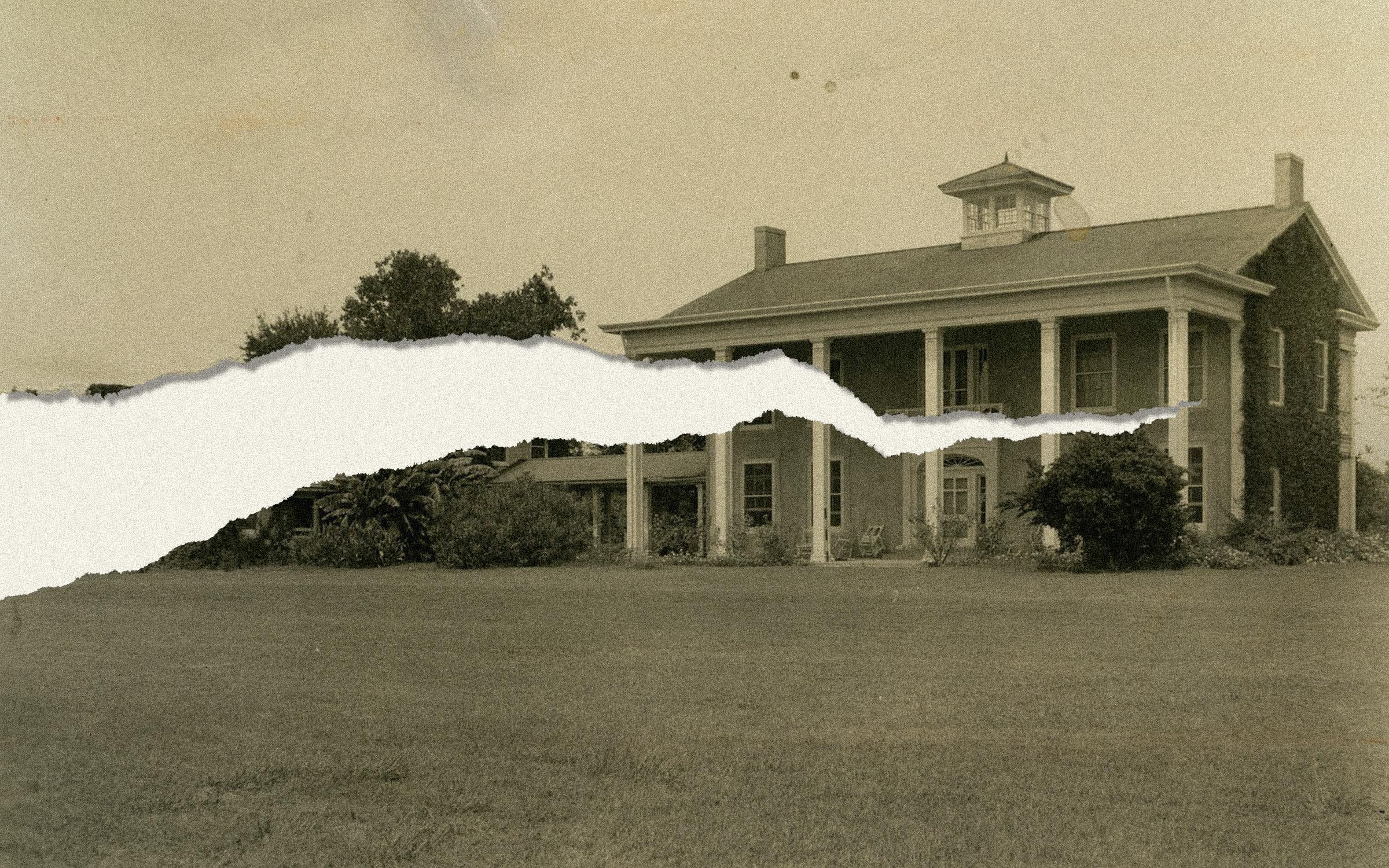An agency spokesperson claimed that the move had nothing to do with politics. Internal emails show otherwise.
Well racists are going to deny their slave owning past
Haas launched the Texas History Trust
I guess this is the new formal name of the KKK?
Seeing that their plantations were built upon it one would think it’s the least they could do. But at least it’s not another news article about them taking more than out of schools, Even though it’s likely because they’ve already taken them all out of the schools.
The article took way too long to say, "oh by the way, here’s all the racist shit this lady has done in the past. She went from old lady who is classically racist (oh, grandma, you can’t say that anymore) to full on hate monger
This is the best summary I could come up with:
In turn, Gravelle, a marketing executive based in Dallas, took up the cause internally at the Historical Commission, calling on agency staff to do away with the titles Haas didn’t think belonged at the gift shops.
The Texas Historical Commission no longer sells White Rage by Anderson or Stamped From the Beginning by Kendi, or 23 other works to which Haas later objected, at two former slave plantations in Brazoria County, including Varner-Hogg.
In her book, Haas disputes Northup’s account of his life and argues that many U.S. histories are overly harsh to the South and do not acknowledge that slavery was “a socially acceptable and economically worthwhile practice worldwide at the time our thirteen colonies arose.”
In the first week of February, a few months after Haas reached out, Gravelle emailed three of the commission’s board members, including the chairman, and two high-ranking staff members, citing concerns “about some of the books (and perhaps other items) and the interpretation at our sites that are not about accurate Texas history, but seem to wander off into present social issues.” Gravelle wrote that he was inquiring because he’d seen a video that questioned the sale of certain books at historical sites, an apparent reference to a recording produced by Haas and posted on the Texas History Trust’s YouTube channel in December 2022.
“There is a good chance it will end up in the open forum of the Lege,” he wrote, adding that he was concerned about “the inevitable press that would be generated due [to] the emotional nature of this national argument if we do not address it quickly.
On May 3, Gravelle forwarded the list of books to the board member who leads the historic sites committee, John Crain, president and CEO of the Summerlee Foundation, an animal-welfare nonprofit, in Dallas.
The original article contains 1,921 words, the summary contains 301 words. Saved 84%. I’m a bot and I’m open source!




